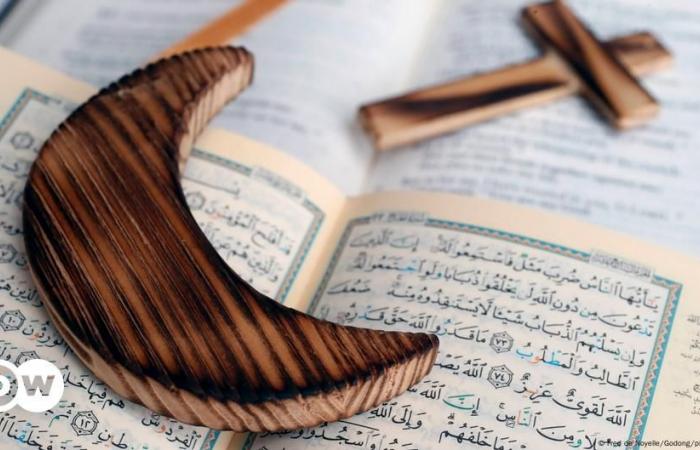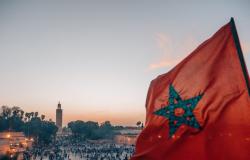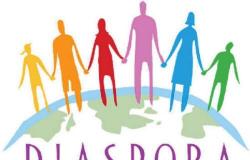The Senegalese government decided, on October 8, through a ministerial decree, to guarantee the wearing of religious symbols in schools. This rather controversial decision is seen among public opinion as a message to the Catholic Church which has worked for decades in education in Senegal.
“It is not because we prohibit the wearing of the veil in our schools that we are against the principles and values of the Republic.”says, looking disappointed, under anonymity, a member of the board of directors of a famous Catholic school established for several decades in Dakar.
Since the announcement of the lifting of the ban on religious symbols in Senegalese public and private schools, comments have been rife in the streets of Dakar. Pauline, is a faithful Catholic who supported the election of President Bassirou Diomaye Faye.
“I am patriotic, she said. But for this measure, I do not agree. If, however, they want to, they come to our schools, and they respect the school’s internal regulations.”
Each school has its own rules
Private schools have public service approval, recognizes Célestine, a teacher in Mbour, but each school she says has its internal regulations, and parents are free to enroll their children in the school that best meets their principles.
According to her, “tYou can’t come with your rules and impose who you’re going to sit with. Given that these schools have good results, perhaps those who want to ban this regulation want their children to attend these schools even though they have religious affiliations that the internal regulations of the private Catholic school do not accept.”.
Listen to the report in Dakar…
To play this audio please enable JavaScript, and consider upgrading to a web browser that supports HTML5 audio
The phenomenon goes beyond Senegal, recalls Senegalese political analyst Jean-Charles Biagui. According to him, the government has opened a debate that did not arise before he spoke about it. He specifies that 20 or 30 years ago, young girls did not necessarily wear the veil in private Catholic schools:
“Here, the debate that arises is that we are in a Senegalese configuration – and this too is a disavowal for the State – where the schools which work the most are Catholic schools with a certain idea that the Catholic Church has of education. It’s raising debates that could have been resolved by consensus without frustrating the Catholic Church which plays a very important role in education in Senegal.”
Guaranteeing living together
The government’s decision to end the ban on religious symbols in schools is a social demand, indicates Imam Moussa. Fall, president of the Alliance of Religious and Customary People for Health and Development. For him, this should not compromise Senegalese living together.
Imam Moussa Fall, president of the Alliance of Religious and Customary People for Health and Development, explains that “in the same family, some are Muslims, others are Christians, and yet cohabitation exists. What binds us is stronger than these small details. What binds us is culture, it is tradition , it’s joking cousinhood. It’s intrinsic values that we all inherited from our grandparents and our parents and we have a duty to pass them on to our children, to our grandchildren.”
The new decree is “a reminder of the importance of strengthening national cohesion and accepting differences”, according to the Minister of Education in a Senegalese daily.
A secular state, Senegal is 95% Muslim. Christians represent less than 5% of the population.






